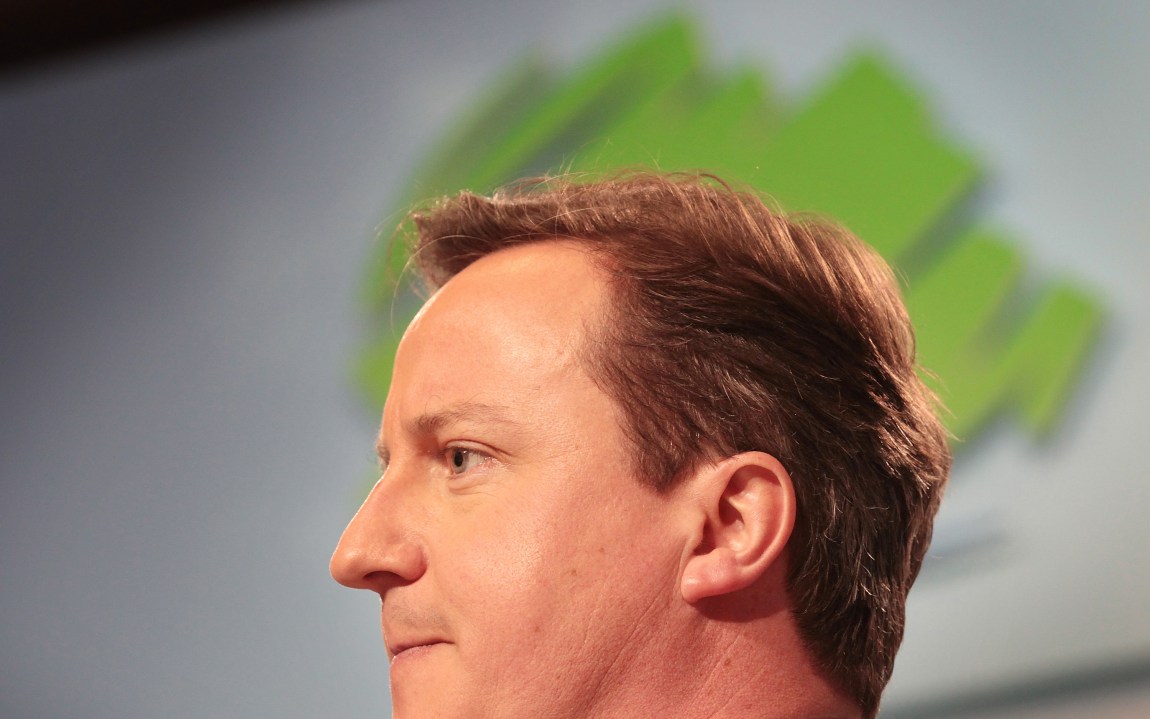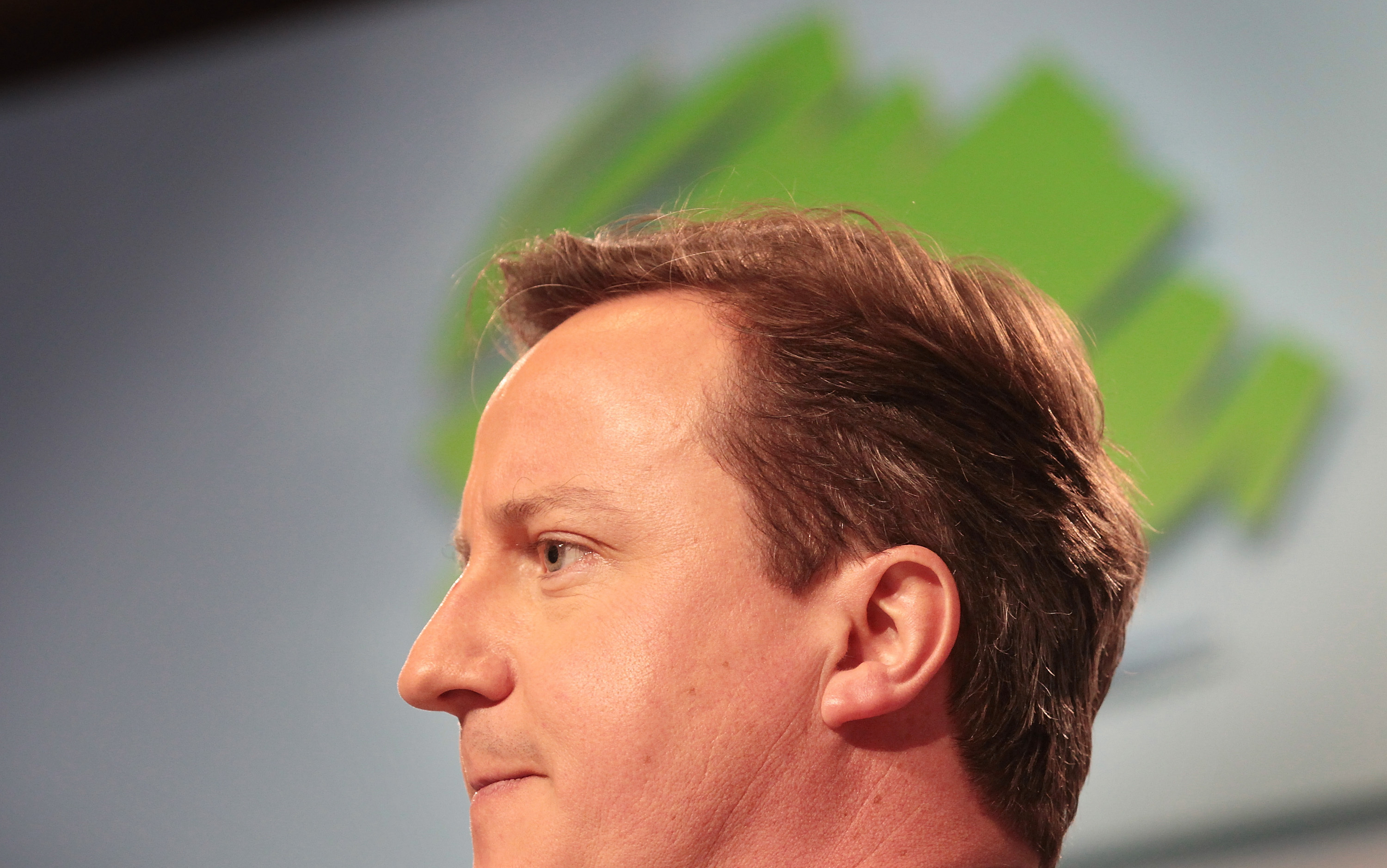 Since The Times moved its leaders on to page two, they’ve also taken on a new vitality.
For years, they were the voice of solid good sense. It was pretty difficult to disagree with them. Now, they are more polemical, more risk-taking – and more wrong. But I’m not complaining: I far
prefer reading a fiesty opinion with which I disagree, than boring opinion that I nod quietly along with. And I could not disagree more with the leader today denouncing Cameron’s marriage tax break. Let’s kick off:
Since The Times moved its leaders on to page two, they’ve also taken on a new vitality.
For years, they were the voice of solid good sense. It was pretty difficult to disagree with them. Now, they are more polemical, more risk-taking – and more wrong. But I’m not complaining: I far
prefer reading a fiesty opinion with which I disagree, than boring opinion that I nod quietly along with. And I could not disagree more with the leader today denouncing Cameron’s marriage tax break. Let’s kick off:
Really? A £3-per-week tax break for marriage is “moral authoritarianism”? Isn’t this just a tiny bit hysterical? I think we can detect a touch of kulterkampf here. The metropolitan elite abhors the idea that marriage has an advantage over other forms of family arrangement. They see it as moral preaching. As The Times says:“This is surely no time to be giving money away so that people can just carry on doing what they are already doing, namely being married. In a long philosophical journey in Opposition, the Tories appear to have alighted on moral authoritarianism advanced by economic interventionism. These are the wrong answers.”
But state benefits already mean it pays more to be apart than together for many couples – this is state intefering. Cameron is proposing to withdraw this state interference. A distinction lost on The Times. But if the state is interested in welfare, it should be interested in marriage – given that evidence shows marriage to be the most powerful tool of welfare provision in the land. Of course, this is less true for the rich – which is why so many well-paid journalists are outraged. Stephanie Flanders, the BBC Economics Editor, famously tackled Cameron over his marriage plans – saying she was an unmarried mother, and what is wrong with that? If you have enough wonga and can buy in domestic help, nothing. The difference marriage makes is mainly amongst the low-paid. Cameron’s policy is specifically aimed at the lowest-paid four million families.“Recognising marriage is not a good idea. It should be no concern of the State to make judgments on the lives of couples who choose not to marry or people who wish to be solitary.”
The Times then says the money is not worth it:
The £3/week is a downpayment, which will be expanded on later. Again, The Times fails to realise that this is not a carrot intended to tempt people down the aisle. Given that a typical family is better-off apart than together, the welfare state is robbing marriage of its economic function. Cameron is repairing this damage. And I do tire of this pious nonsense that no one stays together for money. The economic role of marriage is important: how many middle-class marriages – dare I say journalistic marriages – would stay together if the woman were guaranteed the husband’s income without his presence? And yet this is the offer which the welfare state makes to low-income couples. The system is so absurd that people fake a divorce. That’s why figures show we’re paying benefits to 200,000 more “lone parents” than are thought to exist in Britain.“Even if we lay aside philosophical objections, a modest tax break is not going to make any difference. It is highly unlikely that anyone will get married to get their hands on the money and it would not be desirable if they did. A tax break is also a bad reason to stay together for couples who discover that they are not suited to each other.”
There is one final error, which The Times really should know better. It finishes off saying “This policy is worryingly confused. At a time when the main message of the Conservative campaign is that there is no money, it is odd indeed to be offering handouts.”
The Tories are not proposing a handout. They are proposing to let workers keep more of their hard-earned. The state would not be GIVING anything to anyone: it would simply not confiscate away as
much as it once did. This is a fairly basic concept of taxation, and it’s odd for The Times to get such an important concept so … well … worryingly confused.
UPDATE: Chris says I am claiming “there can never be such a thing as a handout in British politics, because it’s just the state allowing people to keep their ‘hard-earned'”. Not
quite, Chris. If the state gives an unemployed person some welfare then that is a hand-out. If the state reduces the amount confiscated from earners, this is not a hand out. The two are
fundamentally different. If I give someone a tenner, it’s a handout. If I steal someone’s wallet which has £50 in it, and give him back £20, it is not a handout.
Sunder, what Cameron has announced is a tiny step down a very sensible road. It just so happens that this step was to do with transferrable tax allowances – there are many other ways of recognising marriage and I’m sure Cameron will do them as the fiscal position allows. And tell me: why are the Fabians so disinterested in marriage if it is proven to help the poor so powerfully? I’ve never quite understood…
Snowman, I disagree. I think The Times has never been better than it is now (and is miles better than when I used to work there). Having leaders that you virulently disagree with is another reason to want to buy the paper.
APOLOGY: Miss Flanders is not a single mother, as I had wrongly suggested, but like many millions chooses not to marry. I apologise for the error.








Comments